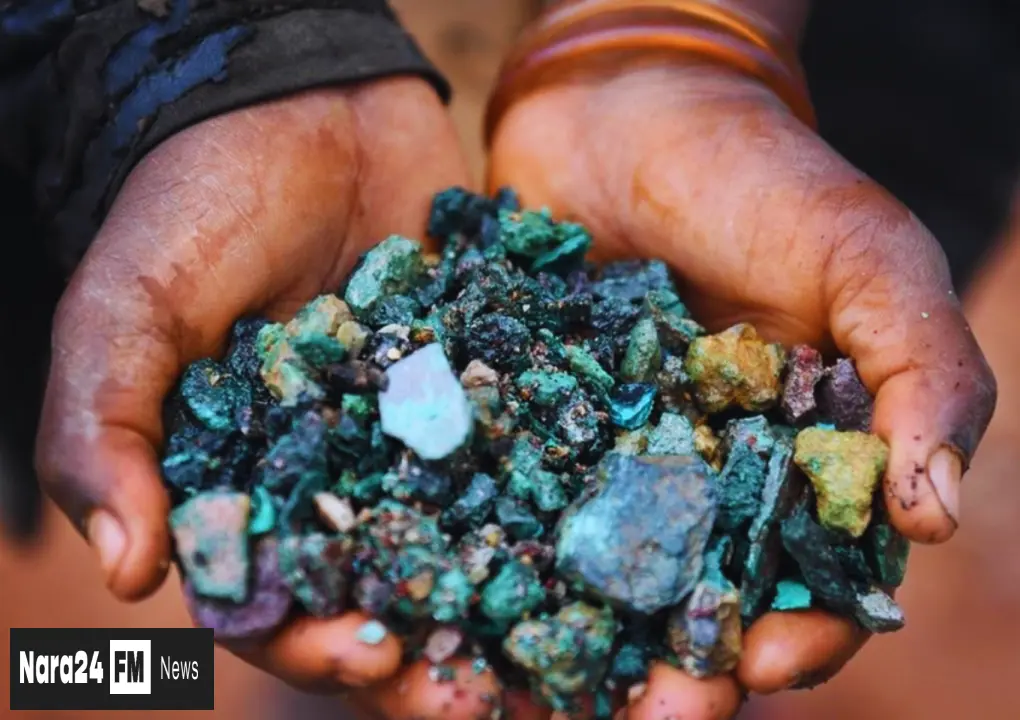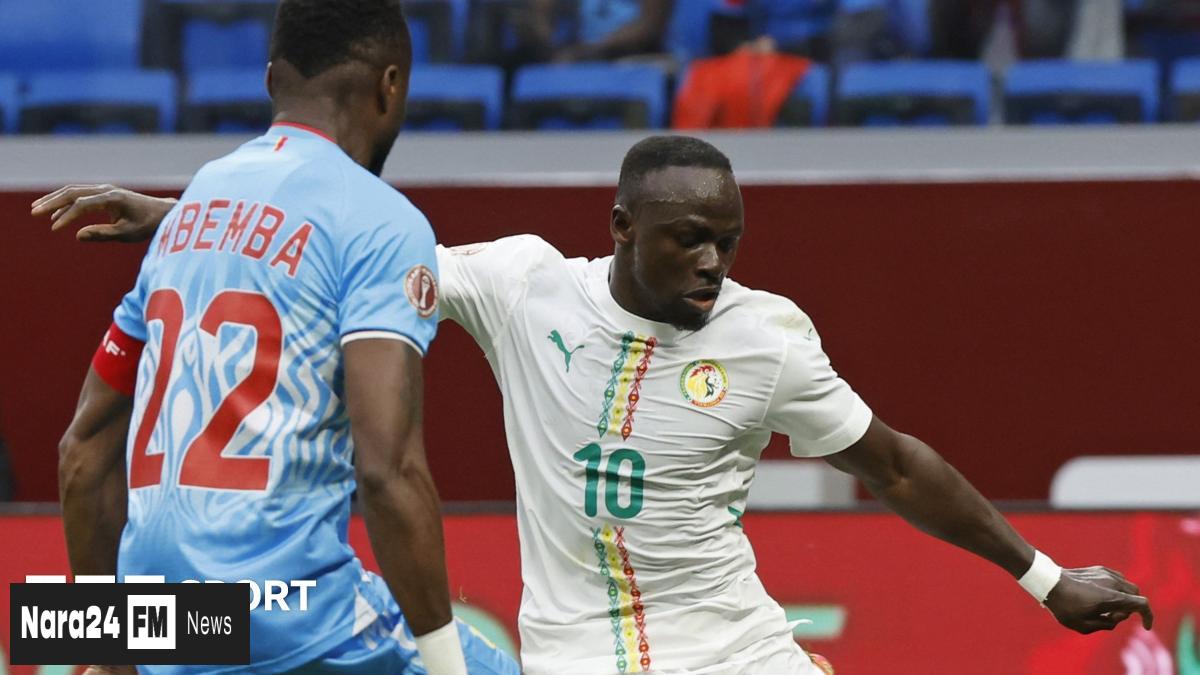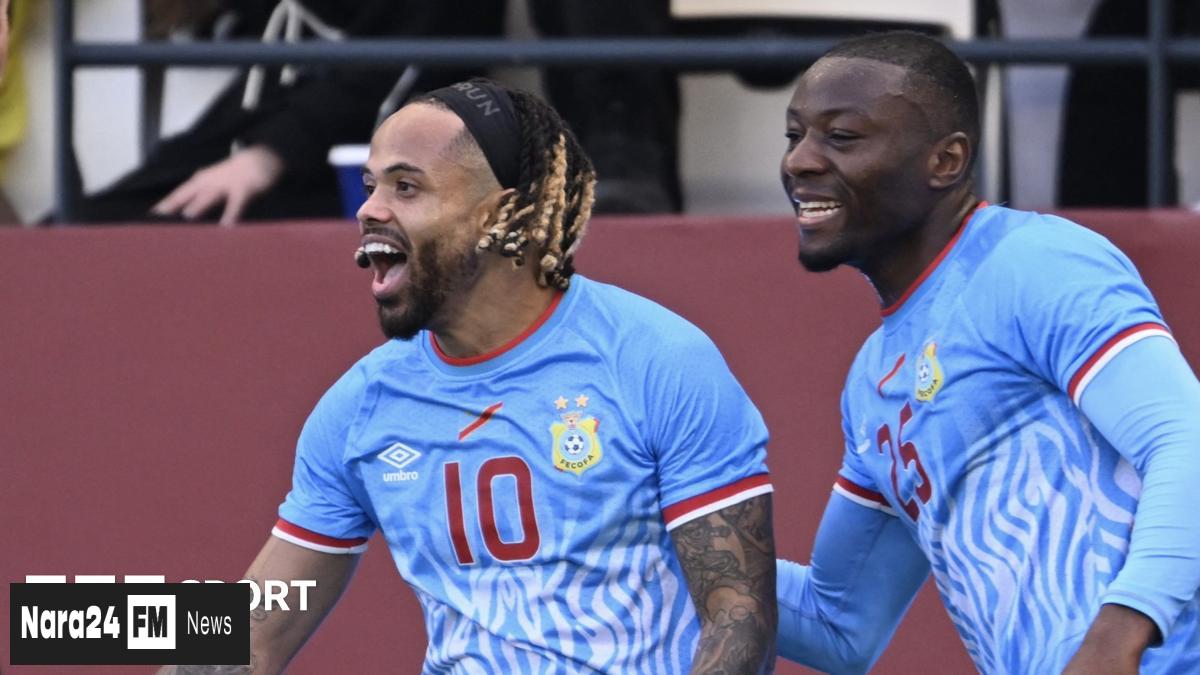In This Article
- US-Brokered Peace Deal Signed
- Congo Rebels Defy Accord
- Terms and Criticisms of the Treaty
- Regional Tensions and Mineral Wealth
Key Takeaways
- The U.S.-brokered peace treaty between Rwanda and the Democratic Republic of Congo (DRC) faces immediate defiance from the M23 rebel faction, which continues to control mineral-rich eastern territories.
- Former U.S. President Donald Trump and Secretary of State Marco Rubio claimed credit for the deal, emphasizing mineral rights and peace efforts, though the agreement excludes any direct engagement with M23.
- M23 rebels, operating a parallel government and collecting daily taxes in occupied regions, assert they will remain in 'liberated zones' despite the treaty's promises of disarmament and Rwandan troop withdrawal.
- Critics argue the deal legitimizes M23's resource exploitation and fails to address their ongoing presence, risking another failed peace initiative in the DRC's protracted conflict.
- Rwanda demands the DRC dismantle the Hutu-linked FDLR rebel group, while the DRC's government frames the treaty as a sovereignty-protecting measure despite its perceived opacity.
While Washington celebrates a freshly signed treaty between Rwanda and the Democratic Republic of Congo, the M23 rebel faction remains firmly entrenched in eastern Congolese territories, defying the accord's promises of peace. Lawrence Kanyuka, the group's spokesperson, declared on June 28 in Bukavu: "We’re still here. We’re not leaving the liberated zones"—a stark challenge delivered hours after the ceremony.
Former U.S. President Donald Trump, who presided over the signing alongside Secretary of State Marco Rubio, hailed the agreement as "a wonderful Treaty" and boasted about securing "mineral rights from the Congo." In a Truth Social post, Trump lamented his overlooked Nobel Peace Prize prospects but asserted public recognition mattered most.
The deal—signed by both nations' foreign ministers—pledges cessation of hostilities, Rwandan military withdrawal, disarmament of militias, and regional economic integration. Crucially, however, it omits any mention of M23, despite the group controlling strategic mineral-rich zones in North and South Kivu since January. The rebels operate a parallel government, collect $1 million daily in taxes, and build infrastructure while allegedly receiving Rwandan backing.
Three Palestinians Killed in Israeli Settler Attack on West Bank Village
Three Palestinians were shot dead after Israeli settlers lau...
Read moreKigali denies supporting M23, instead demanding Congo dismantle the FDLR, a Hutu rebel group linked to Rwanda's 1994 genocide. Congolese officials framed the treaty as a sovereignty-protecting measure, yet critics like Nobel laureate Dr. Denis Mukwege condemned its opacity, warning it "rewards aggression" and legitimizes resource plundering.
Amid the diplomatic fanfare, eastern Congo's vast mineral wealth—including cobalt, lithium, and copper critical for green energy—remains central to regional tensions. As Rwandan Foreign Minister Olivier Nduhungirehe cautiously noted: "The road ahead will not be easy." With M23 excluded from negotiations, the accord risks becoming another failed attempt to resolve Africa’s deadliest conflict.








Comments (0)
Leave a Comment
Be the first to comment on this article!